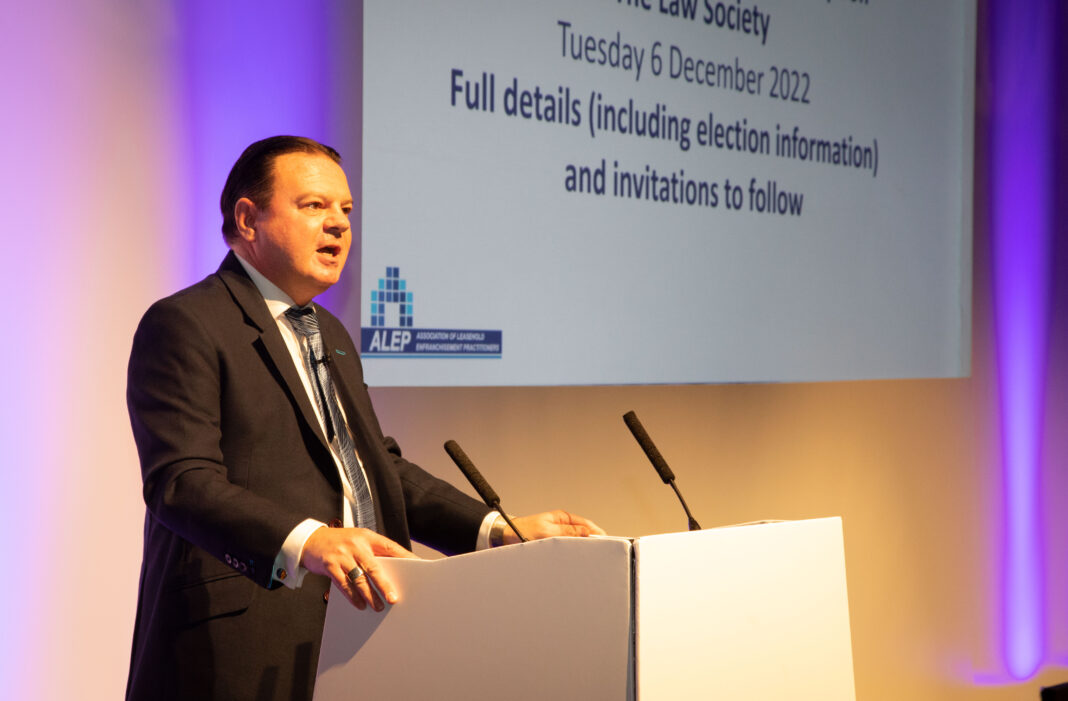The Association of Leasehold Enfranchisement Practitioners (ALEP) has welcomed the government’s latest consultation on leasehold reform but cautioned that an increasingly complex legal landscape is creating challenges for both professionals and consumers.
The new consultation, Strengthening Leaseholder Protections over Charges and Services, focuses on improving transparency around service charges and buildings insurance, controlling litigation costs and enhancing regulation of managing agents.
It follows the passage of the Leasehold and Freehold Reform Act 2024 (LAFRA), much of which has yet to be implemented despite being passed over a year ago. The consultation remains open until 26 September.
These proposals are part of a broader package of reforms aimed at overhauling the leasehold system, including the upcoming Leasehold and Commonhold Reform Bill.
CREATING UNCERTAINTY
However, the pace and volume of regulatory change is creating uncertainty in the sector.
A recent survey of ALEP members revealed a decline in consumer confidence and professional activity.
Half of respondents reported a slowdown in client decision-making around leasehold enfranchisement, while 67% said the lease extension process had not become any easier under LAFRA – and none reported any improvement.
Additionally, 50% said their pipeline of client work had decreased since LAFRA was introduced.
CLEAR AND CONSISTENT
John Midgley (main picture), director of ALEP, says: “We support the government’s efforts to improve the leasehold system and welcome its engagement with the sector. But it’s vital that these changes are implemented clearly and consistently, with adequate guidance for both leaseholders and professionals.”
“We are urging our members – who represent both leaseholders and freeholders – to respond to this consultation and help shape reforms that are workable and fair for all parties involved.”
As the government pushes forward with long-awaited changes, ALEP stresses the need for clarity, stability and balanced regulation to ensure reforms deliver meaningful benefits without unintended disruption.








